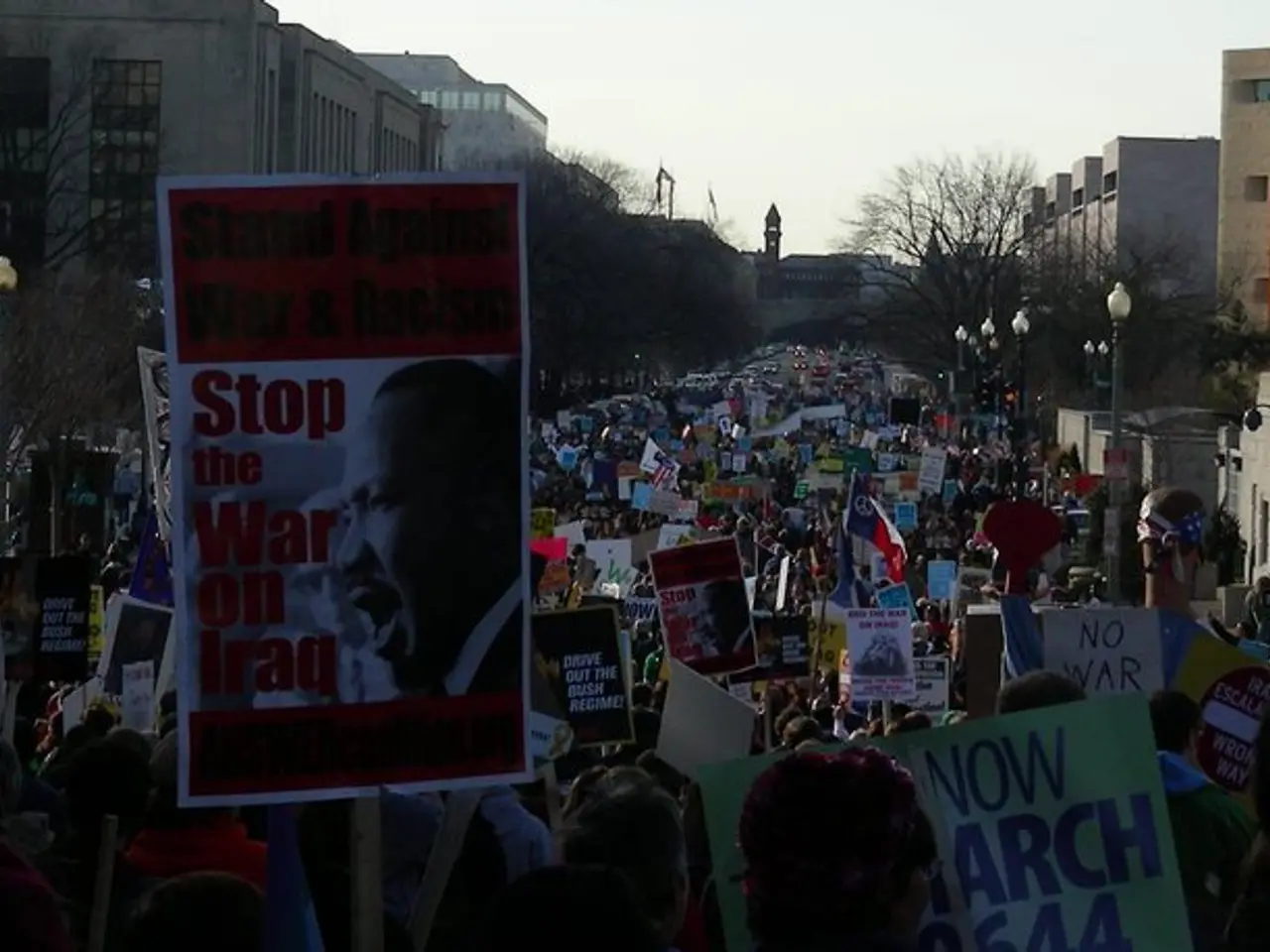Analysis: Can Filipinos surpass political divisions to oppose corruption?
The Philippines is once again embroiled in a major corruption scandal, this time involving flood control projects and a staggering sum of US$17.5 billion. The controversy has ensnared elected politicians, government bureaucrats, and private business contractors, as President Ferdinand Marcos Jr revealed during his July State of the Nation Address.
The scandal, while not unfamiliar in the country's history, has primarily unfolded on social media, not on the streets. The public's reaction, while significant in some instances, has been seemingly slow and mild compared to historical precedents.
Tens of thousands have protested major corruption cases in the past, such as the flood control projects in Manila involving billions of pesos. The public outcry reflects a demand for accountability, but complex political dynamics, entrenched oligarchic interests, and powerful alliances often temper sustained large-scale responses.
The Philippines' reputation for mobilization exceeds its domestic reality in terms of sociopolitical transformation. Its 'people power' episodes, while famous, have not catalyzed genuine sociopolitical transformation. However, the country's history of grand protests against corruption and abuse of power has inspired similar popular revolts around the world.
Meanwhile, the protests in Indonesia and Nepal, precipitated by frustrations over corruption, inequality, and injustice, have swelled quickly through social media. These protests, led largely by Generation Z, reflect the swift effect of youthful mobilization amidst general political disillusionment.
It's important to note that the Philippines is not alone in its struggle against corruption. The country's current scandal is not the first of its kind in the country's history, and it is a problem that many nations grapple with.
The Philippines' past 'people power' episodes, while personality driven, have served as a beacon of hope for many who seek change. Despite the slow responses to corruption scandals, the public's demand for accountability remains strong, and it is this demand that holds the potential for genuine sociopolitical transformation in the future.
Read also:
- Late-night host Lawrence O'Donnell responds to Jimmy Kimmel's departure with a discussion on a subject "Donald Trump doesn't wish us to examine"
- EU Member States cast their decisions
- Eighteen-Year-Old Speaks Out Against Lowering Voting Age to Sixteen
- King Charles's body language analyst dissects signs of apparent 'impatience' exhibited by Charles towards Trump








